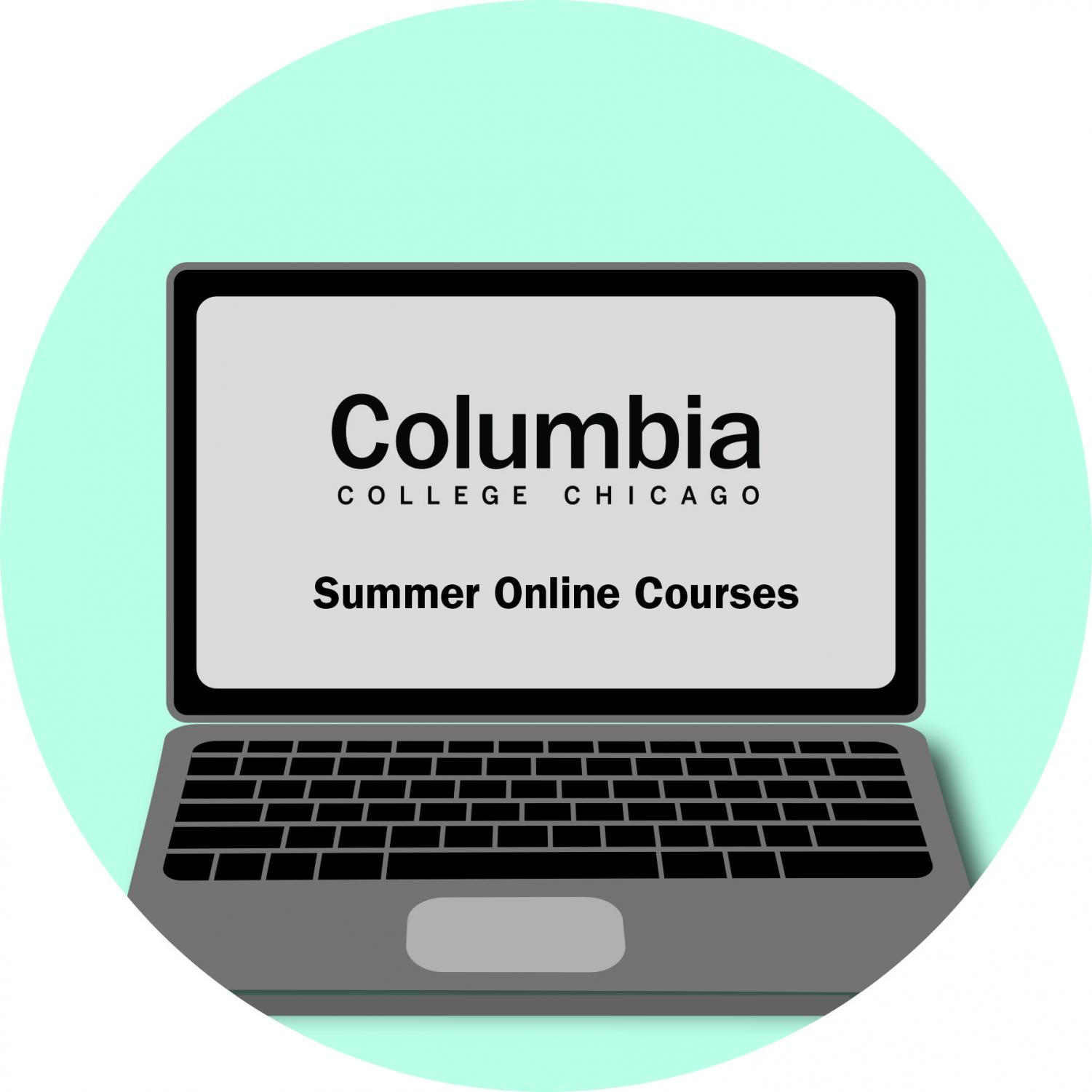Summer courses offered through new online platform
April 10, 2017

Summer courses offered through new online platform
Five online summer courses will be the first to use Canvas, the college’s new Learning Management System, which will replace Moodle completely in the Fall 2018 Semester.
Vice Provost for Digital Learning, Robert Green said the summer courses are priced at a discounted rate to remain competitive with local community and city colleges because some students may not receive federal aid outside of the academic year.
As reported April 18, 2016, by The Chronicle, Green was appointed by Senior Vice President and Provost Stan Wearden last year to increase enrollment and revenue through online education programs.
“After looking at some data, we saw that some students are taking courses during the summer and then transferring the credits back into Columbia,” Green said. “One of the things I wanted to do is provide a vehicle where the students could stay with Columbia and develop a set of courses, which could serve a wide variety of Columbia students.”
Green added that if students transferred to other colleges over the summer, they are unlikely to find courses as relevant to the arts or their concentrations.
Courses will be priced at $1,500 per three-credit-hour class, according to the Student Financial Services website. The online courses are $180 less than regular summer credit hours, $349 less than regular part-time credit hours and anywhere from $268 to $524 less than full-time credit hours, depending on a student’s course load.
The five courses are “American Sign Language I,” “Foundations of Creative Writing,” “Introduction to Game Development,” “Introduction to Social Media and Digital Strategies” and “Self-Management and Freelancing.” Online sessions begin June 5 and end July 29. The courses were selected using Student Advising data and were chosen because they represent the Columbia experience, Green said in an April 6 follow-up email.
Students who take the courses can expect video conference and content capabilities, improved mobile usage, the ability to monitor grades, assignments and due dates by using the Canvas system, according to a listing of the new courses on Columbia’s website.
Green said although there are elements of the online system that will not be launched until the fall, students taking the online courses over the summer will still receive the full experience of the program.
Green said additional aspects of the full online school include a website and a new student management system, a type of software used to manage registration, enrollment, attendance and other student data.
Shannelle Armstrong-Fowler, a lecturer in the Communications Department who will be teaching the summer’s “Introduction to Social Media and Digital Strategies” course, said transitioning the class to canvas, previously only taught in person, has gone smoothly.
The courses were made available to students who want to gain experience working in their fields but also need to take degree-specific courses, she added.
“What [the courses] offer is the flexibility of those moments that you can’t be in class and the ones where you want to continue your education but want to work on other things,” Armstrong-Fowler said. “If you wanted to be in Los Angeles because you wanted to work with The Grammy’s for that season, you could still be able to take courses and continue your education and still be able to get that real-life experience.”
She added that she and other faculty members participated in a training class and were also given eight weeks to familiarize themselves with the Canvas platform.
Freshman journalism major Ethan Anderson said he plans to take online summer courses to get LAS Core requirements out of the way, so he can take major-specific classes in the fall. Anderson said taking classes online over the summer will also allow him a flexible enough schedule to find a job.
“[Finding a job] was basically the reasoning for taking online classes,” Anderson said. “That way, I wouldn’t have to constantly go to class, and I could do it on my own time.”
Students had registered for each of the five new courses only two days after registration opened, and all of the courses will have enough students to run, according to Green.
He added that the collaboration between members of the Digital Learning Office and faculty members is what makes Columbia’s online classes a rich experience.
“The great thing about these courses is that they are Columbia’s,” Green said. “They are courses using the great faculty we have here, with a new team developing new cutting edge online products.”







